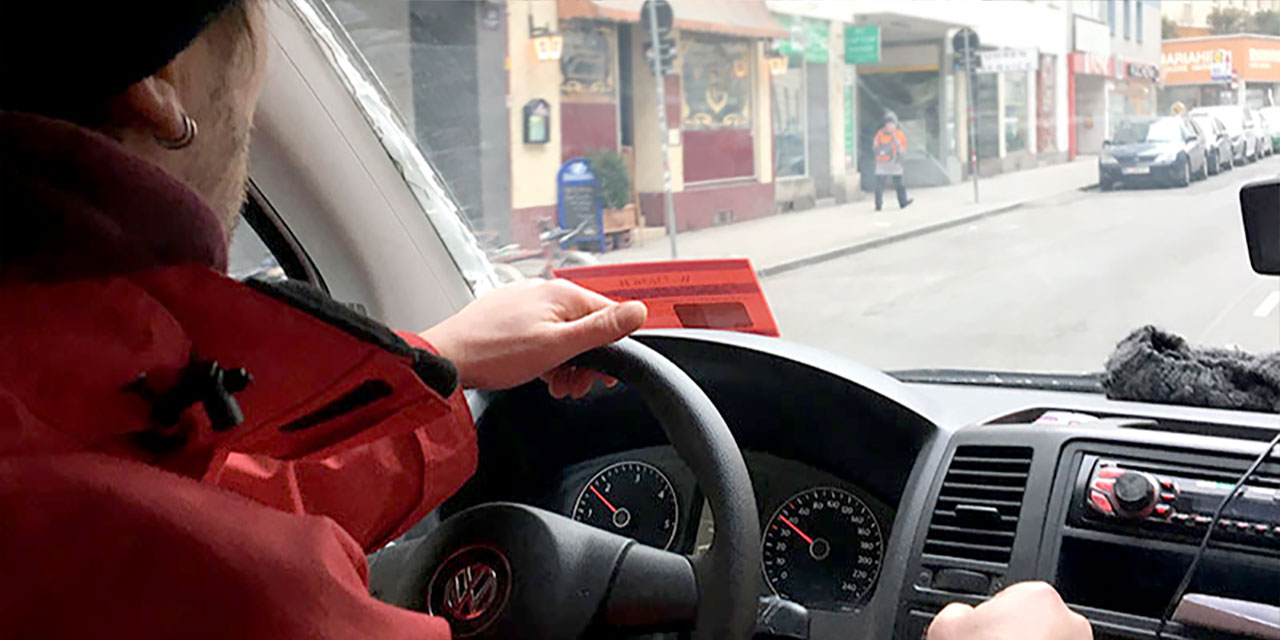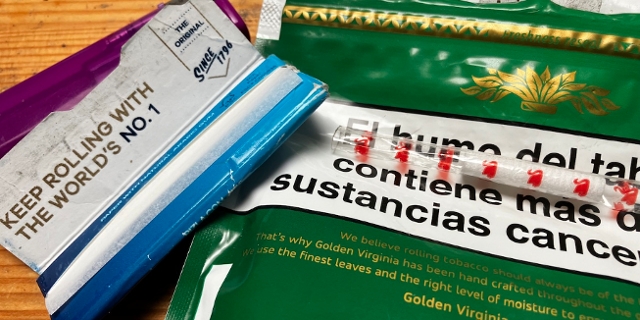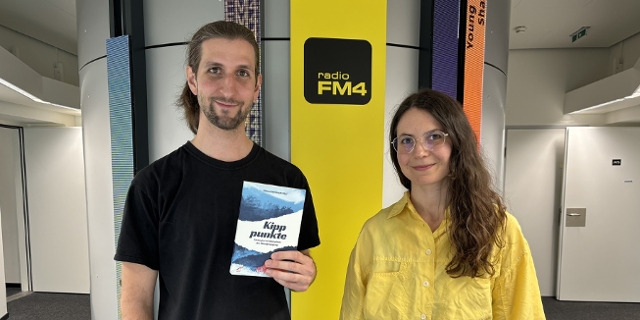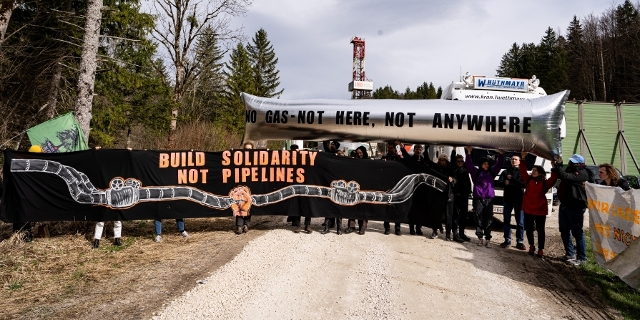The Kältebus is a helping hand during the deep freeze
It is ice cold in Austria right now, with the „beast from the East“ dipping temperatures into double digits below freezing. If you leave a warm room, even wrapped in layers of clothes, spending more than 15 minutes outside feels very uncomfortable these days.
But what about Austria’s homeless, some of whom are sleeping rough on the streets, with the pernicious cold creeping into their bones?
For these people the cold is not uncomfortable, it is potentially deadly. Hypothermia can set in suddenly and, without support, they might freeze to death on the streets of one of the world’s most prosperous nations.
That is why Susie Peter and Günter Kölbl are driving around in Caritas’s „Cold Bus“ - the Kältebus - on the lookout for people sleeping rough on the streets of Vienna, trying to persuade them to take advantage of the city’s several emergency night shelters. If they can’t do that, they will try to make sure that the homeless are at least provided with the warmth-retaining equipment they need to survive.
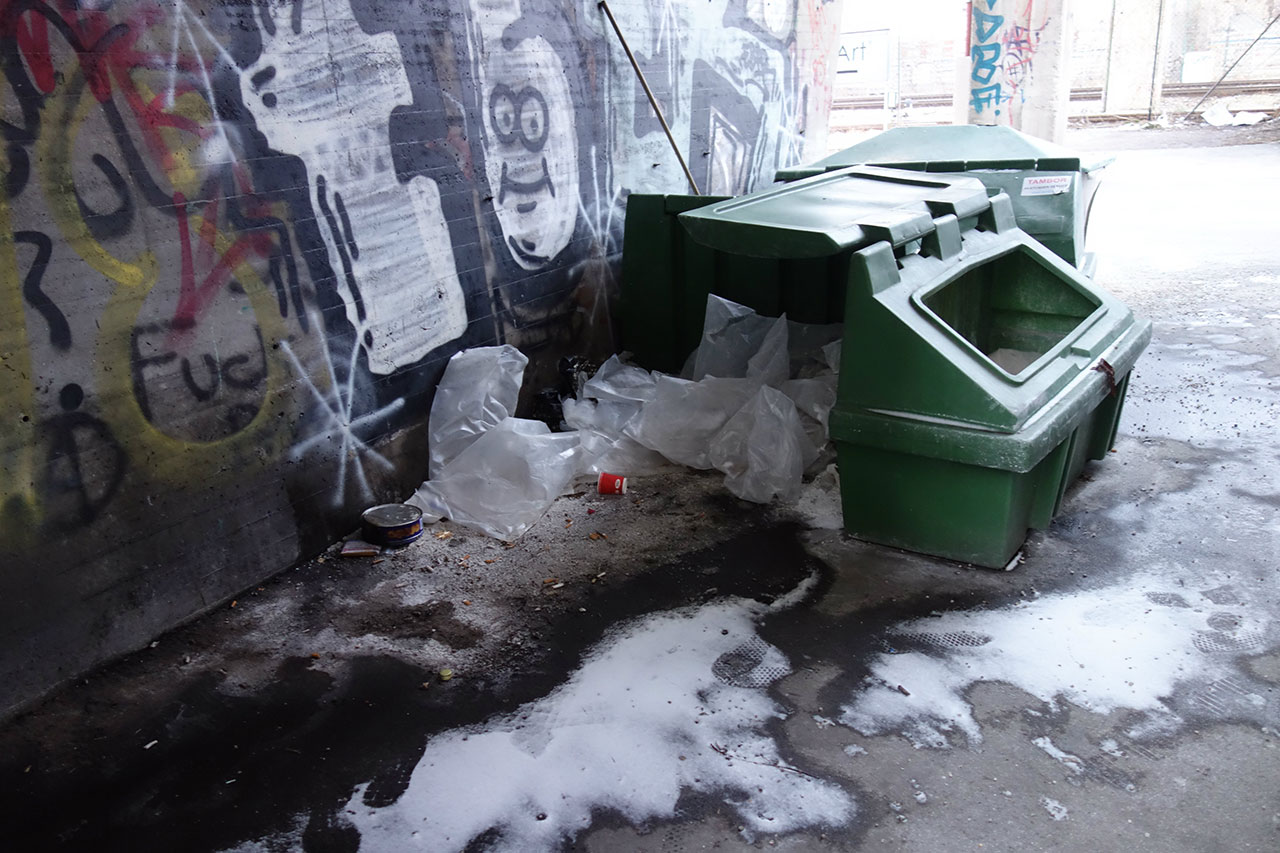
Chris Cummins
A Life-saving Hotline: 01/480 45 53
They have been alerted to these „rough sleepers“ by concerned members of the public who have dialed up Caritas’ 24-hour hotline, the Kältetelefon (01/480 45 53), and the operators pass on the precise location of the homeless people to the streetwork teams who set off in the buses to look for them and offer assistance.
The previous night, a record 280 people dialed the number, and, given this sense of emergency, there are now two Caritas bus teams roaming the streets on a shift basis. I’ve joined the early evening bus with a list of 8 addresses to work through and more emergency calls coming in.
After failing to find anything but the detritus of camps at the first three stops on the Kältebus team’s list, we come across a young, bearded Slovakian man sleeping on the banks on the Danube Canal in the city’s 19th district. Günther and Susie approach him softly, waking him and offering him some chocolate bars and a couple of cigarettes.
Günther also pointedly shakes his hand. This is, on the one hand, of course, the simplest form of human trust building, but it is also a test of how warm the man’s hands are. Is he in danger of hypothermia?
A few minutes later the Caritas team returns to the bus without the young Slovakian, who has buried himself back into the sleeping bag. „Sadly, we couldn’t persuade him to come back to the emergency shelter or accept any more clothes or equipment from us,“ explains Günther, „but we checked his vital signs and he has very warm hands. He isn’t in acute danger but we will return and check on him later.“
Günther had ascertained that the man already had one of the many Caritas sleeping bags that are stuffed in the back of the Kältebus. These bags can resist temperatures as low as 24 degrees below zero. As strange as it seems, the young man was determined to sleep outside, but he seemed very much of sound mind. In this case freewill trumps medical concern.
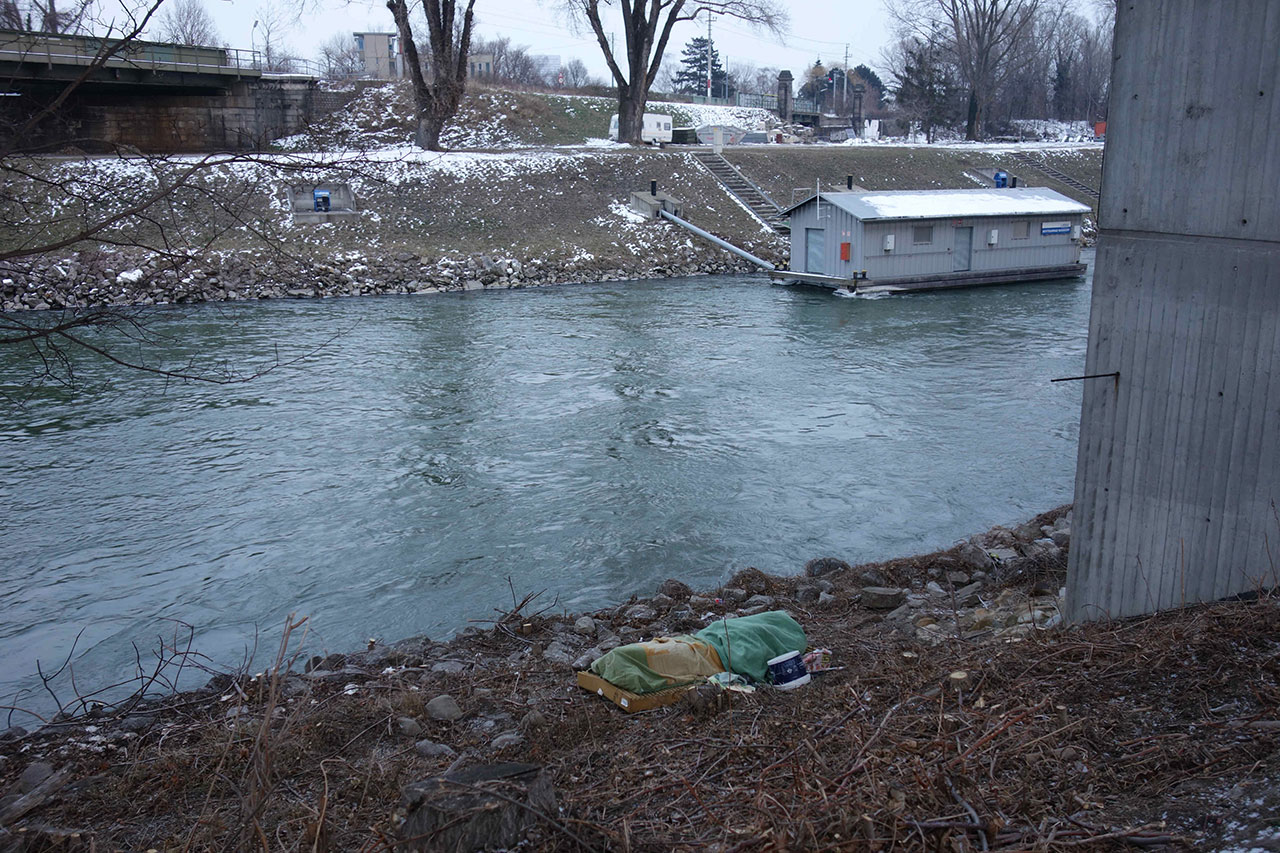
Chris Cummins
Free choice or forced help?
It is when there are severe psychological problems that it becomes more difficult, explains Susie Peter. „Some people are so ill or have had such experiences that they can’t accept our help,“ she says, „and that makes our work much more difficult. Sometimes they are not properly equipped for winter and we have to decide whether we can’t let them assert their freewill.“
That means calling the police who will forcibly take them to hospital. It is a tricky decision; the social workers don’t want to hound vulnerable people but there is the constant fear of making the wrong call with the street sleeper later contracting hypothermia or even freezing to death. Susie says that, as well as the vital hand shake test, it is a matter of intuition or „Bauchgefühl“.
Hot tea and friendly words
Respect is paramount. Susie Peter calls the homeless her „clients“. She has been working with them for 31 years, and though many are reluctant to accept help and occasionally hostile or even aggressive, she exudes an immense sense of understanding and patience.
I ask her, given the high incidence of mental illness among street sleepers, whether it is best to call the Kältetelefon hotline before approaching someone sleeping rough, and then immediately feel rather ashamed of my question. „Of course, you should be cautious not to shock anyone if you wake them,“ she says, „but these are just people like you and me. My experience is that they welcome an offer of some cookies or hot tea and some friendly words.“
A man and his dog
Neat the main Danube, the team hands out some fresh good-quality boots for a man who had specifically requested this form of assistance and then finally a call comes through that a „client“ has been found who has agreed to be brought to an emergency shelter. We set off to the Millennium City area to pick him up.
There is some busy telephoning on the way there. The man has a dog and some of Vienna’s emergency shelters don’t accept dogs. After lots of calls and call-backs a shelter called Hermes confirms there is room for the client and his dog. When we get there the woman who had called the Kältetelefon burst into tears of relief that both the man and his canine best friend will be brought into the warm.
However, having already backed up his thin mattress, the man changes his mind, giving confused reasons that range from his absent family, his religious beliefs and that he wants to earn some more money begging. Günther knows this client and I sense that, while they try and persuade him to come after all, the social workers have been through this situation many times before. For the concerned woman who called the hotline there are more tears of confusion and frustration.
Patience and Persistence
I also get the impression that this is not the end of the story. Earlier Susie had told me the story story of a man, who for many years would only communicate with her through the closed door of a toilet cubicle. She revisited again and again, offering help that was always rebuffed. But after many months, he relented and let her wash his clothes. Finally accepting treatment at a hospital, both physical and psychological.
These social workers will not give up on fellow human beings; however alienated from society they seem. Susie Peter’s mantra is simple; in the end people do want to reconnect, do want to be helped:
In 31-years of doing this, I have never met anyone he is truly voluntarily on the streets.
Publiziert am 28.02.2018







